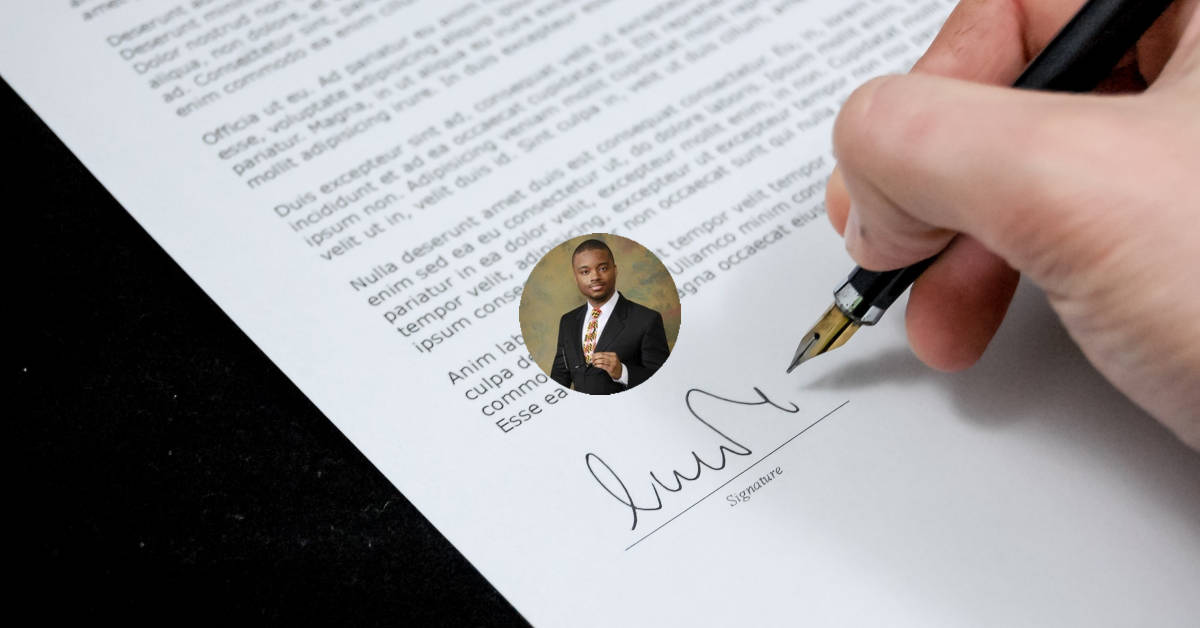It’s easier to explain a life estate deeds in by first explaining what a standard fee simple deed is. A standard deed creates a fee simple estate. This is the kind of ownership to property that most people are familiar with. A fee simple estate is the highest form of ownership of real property. After a person with a free simple estate dies their property is devised to their heirs. Assuming no estate planning tools such as a revocable living trust were used, the holder will have to go through the probate process.
What Do Life Estate Deeds Do?
A life estate deed creates an ownership interest for the duration of a designated person’s life. The person who holds the life estate is called a life tenant. After the death of the life tenant, the property passes to a designated person in fee simple called a remainderman. If the property passes back to the original owner it is called a reversion (because it reverted back).
Conventional Life Estate Vs Estate Pur Autre Vie
In a conventional life estate, A life tenant will hold a life estate for the duration of their own life. However, in an estate pur autre vie, the life tenant will hold the property for the duration of another person’s life.
Life Estate Deeds With Powers Vs Without Powers
Another way life estate deeds are differentiated are whether or not the life tenant holds title “with powers” or “without powers.” In a life estate deed with powers the life tenant has the power to sell, mortgage, or convey the property during their lifetime. In a life estate deed without powers the life tenant does not have the right to do this.
Using Life Estate Deeds To Avoid Probate and For Medicaid Planning
Life estate deeds are generally used as an estate planning tool to avoid probate or for medicaid planning.
For example, to avoid probate a homeowner can deed a home that they own to themselves as a life tenant with powers and appoint their lover as a remainderman. With this arrangement, they still remain in 100% control of the property until they die and they can revoke the future interest in their remainderman. As opposed to adding their lover to the deed as a 50/50 owner.
A life estate deed without powers is often used for Medicaid planning. 5 years after a deed without powers is granted it is not considered as an asset for Medicaid purposes. This kind of planning is often done for elderly people who still want to remain in their own home but do not want the house taken from them in order to pay for their expenses if they sick because they want to leave it behind for their heirs.
Need Help Drafting a Life Estate Deed in Maryland or DC?
Do not hesitate to contact The Pendergraft Firm. Where no good deed goes unrecorded.
- How Can I Evict An Employee or Caregiver I Fired That Refuses to Leave in Maryland? - February 6, 2023
- Can A Tenant Leave Property Before The Lease Agreement Expires in Maryland? - January 29, 2023
- Can I Be Evicted or Locked Out By My Wife, Husband, Boyfriend, or Girlfriend in Maryland? - January 28, 2023


Facebook Comments